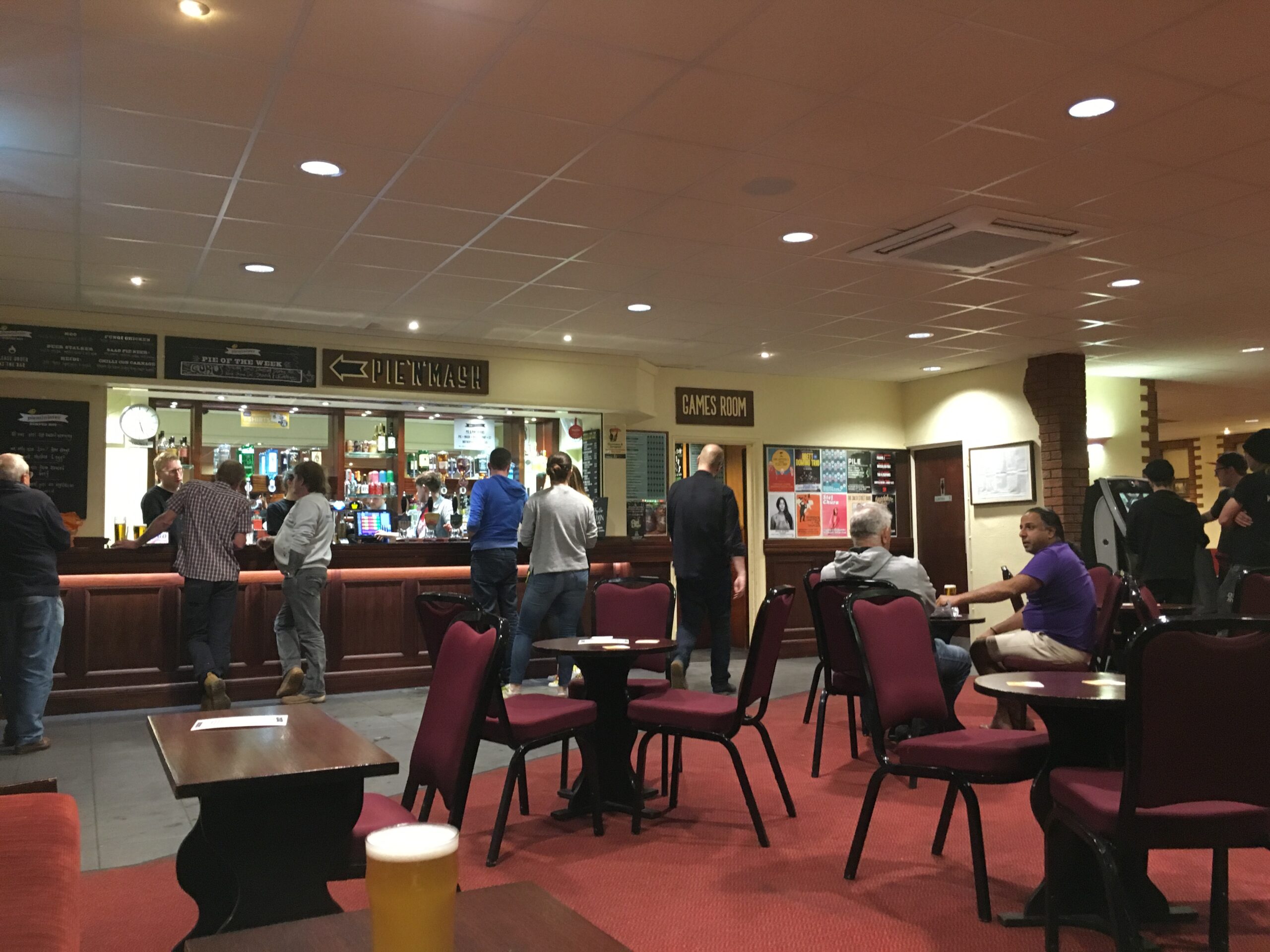Nick Small is the Founder and Director of Social Impact Consulting tweeting @social_impct. He’s also a Labour and Co-op councillor at Liverpool City Council tweeting @cllrnicksmall.
The 1,400 socially trading organisations – co-ops, social enterprises and charities – in the Liverpool City Region (LCR) generate an annual income of £3 billion, employ 45,000 people, own £4.4 billion net assets and deliver surpluses of over £300 million a year.
That makes the social economy a big player locally. The LCR’s total economy is worth £28 billion, employing half a million people. So, that means the social economy represents nearly 11% of the LCR’s economy by gross value added and employs around 9% of the workers employed in the LCR. That makes the sector around the same size as our legal and professional services sector. It’s big by UK standards too. Liverpool’s social economy is around 60% higher than across the rest of the UK.
Liverpool’s promotion of the social economy goes back to the 1970s – and probably goes back further still. Faced with dock closures, a shrinking industrial base and private sector disinvestment, Liverpool took a conscious decision in the 1970s to focus on community-based economic development, creating networks of inner-city community councils to boost hyper-local economic activity and jobs. Then, as now, forward thinkers saw the social economy as being able to deliver social justice, sustainable jobs and economic prosperity in geographical areas and in communities of interest otherwise left behind.
Liverpool, like many other global cities, faces a new set of challenges – and opportunities – post-COVID-19. Two decades of sustained economic growth and reducing structural unemployed is threatened by what is the deepest recession since 1706 and the worst in the G7. In Liverpool as many as 50,000 workers have been furloughed and key sectors like retail, hospitality and tourism face existential challenges. But let’s not forget, even when Liverpool’s economy was growing, there were still many people and communities not getting their fair share of the proceeds of that growth.
That’s why Liverpool’s Economy Recovery Plan has put social economy in the forefront of rebuilding and repurposing our local economy. At the heart of this is a new £6 million fund through a purposely-established Community Interest Company (CIC), Kindred CIC to help socially-trading start-ups and scale-ups, focusing on maximising income, impact and information-exchange.
This builds on some of the local social economy successes over the last decade like Homebaked and Kitty’s Laundrette. These are both co-ops in Inner North Liverpool, one of the poorest communities in Western Europe. Homebaked and Kitty’s Launderette provide bespoke, flexible and responsive solutions to current and emerging needs in that community, creating sustainable local jobs and genuinely inclusive growth and building social capital.
Homebaked is a community bakery based in Anfield, opposite Liverpool Football Club. It began a few years ago as a community-led campaign to save a neighbourhood bakery from demolition. Its building is now owned by a community-land trust, which operates a bakery on co-operative principles, democratically owned, controlled and accountable locally. As well as creating good jobs, good, healthy food and a welcoming space for people to come together, its next projects are about refurbishing homes, building the high street and a new public square.
Kitty’s Launderette is a community launderette, eco dry cleaners and social space in Everton. A worker-community co-operative, it’s named after 19th century social pioneer Kitty Wilkinson, who opened the country’s first public washhouse and baths in Liverpool in response to the 1826-1837 cholera pandemic. Sadly, a decade of austerity has recently seen a big resurgence in hygiene poverty in places like Liverpool, which has without a doubt been a contributing factor to the impact of COVID-19 locally. The launderette provides an excellent space for cultivating neighbourhood ties. There is a concerted effort to create a sociable atmosphere for customers while they wait for their laundry, all of which are more than welcome to pop in for a coffee and free wifi if they wish, even if they don’t have any laundry to do. The space also hosts social events, such as seminars about the history of Liverpool. It is a unique space for people of different generations to mix – there are students who use it, and the cooperative is also working together with a local care-home for elderly.
Supporting social economy interventions like Homebaked, Kitty’s Launderette and scores of others has achieved three principal outcomes in communities across the LCR.
First, it has boosted hyper-local, community-based economic activity, very often in communities left behind by top-down, inward-investment-led neo-liberal regeneration models. Social economy organisations tend to create jobs that are locally-accessible, sustainable and reasonably well paid for people too often excluded from orthodox labour markets, like people living in deprived communities, women, BAME people, young people, older workers and lone parents.
Secondly, socially trading organisations can deliver social outcomes in a bespoke, flexible and responsive way, meeting community needs and demands as they emerge. The response to COVID-19 and lockdown has amplified the real need for this. They reach places market forces ignore and social democratic state actors cannot always reach.
Finally, social trading organisations benefit the whole community, and not just those who work there or use and depend on their services. The social capital generated, especially in deprived communities, by social economy investment helps crowd-in capital, especially small scale investment, in a virtuous circle, boosting local foundational economies, creating more local jobs and local prosperities and so on and so on.
Liverpool and its City Region, like many other places, is showing how we can get this right. Collectively, the fallout of COVID-19 shows that doing the same thing over and over again won’t deliver social justice. Now’s the opportunity to do things differently and build back better. Central government needs to empower combined authorities, local enterprise partnerships and local councils to do this. Local government, in return, should give power, wealth and opportunity away to socially trading organisations.
Mutual Interest is a free online media cooperative owned democratically by the readers and the writers. Join us now and become a founding member. As a member you can vote for your favourite articles and we will distribute our funds accordingly.






Great piece, Nick. It illustrates how the social economy has always been important to Liverpool in providing employment and training opportunities but also symbolically. Back in the seventies and eighties I was chief economic adviser to Merseyside County Council and we supported a raft of cooperative initiatives and social enterprises ranging from serious industrial concerns like KME to more socially focused projects like the Merseyside Trade Union Community and Unemployed Resource Centre. Until last year, I chaired First Ark’s social investment panel, a £5m fund supporting social enterprises across the North West of England, including Homebaked and several others in our city region. The big difference now compared with the 70s and 80s is that social enterprises, coops or employee owned businesses are no longer assumed to be political adventures and are accepted by both mainstream funders and specialised funds like Access, Big Society Capital and others as a legitimate business model.